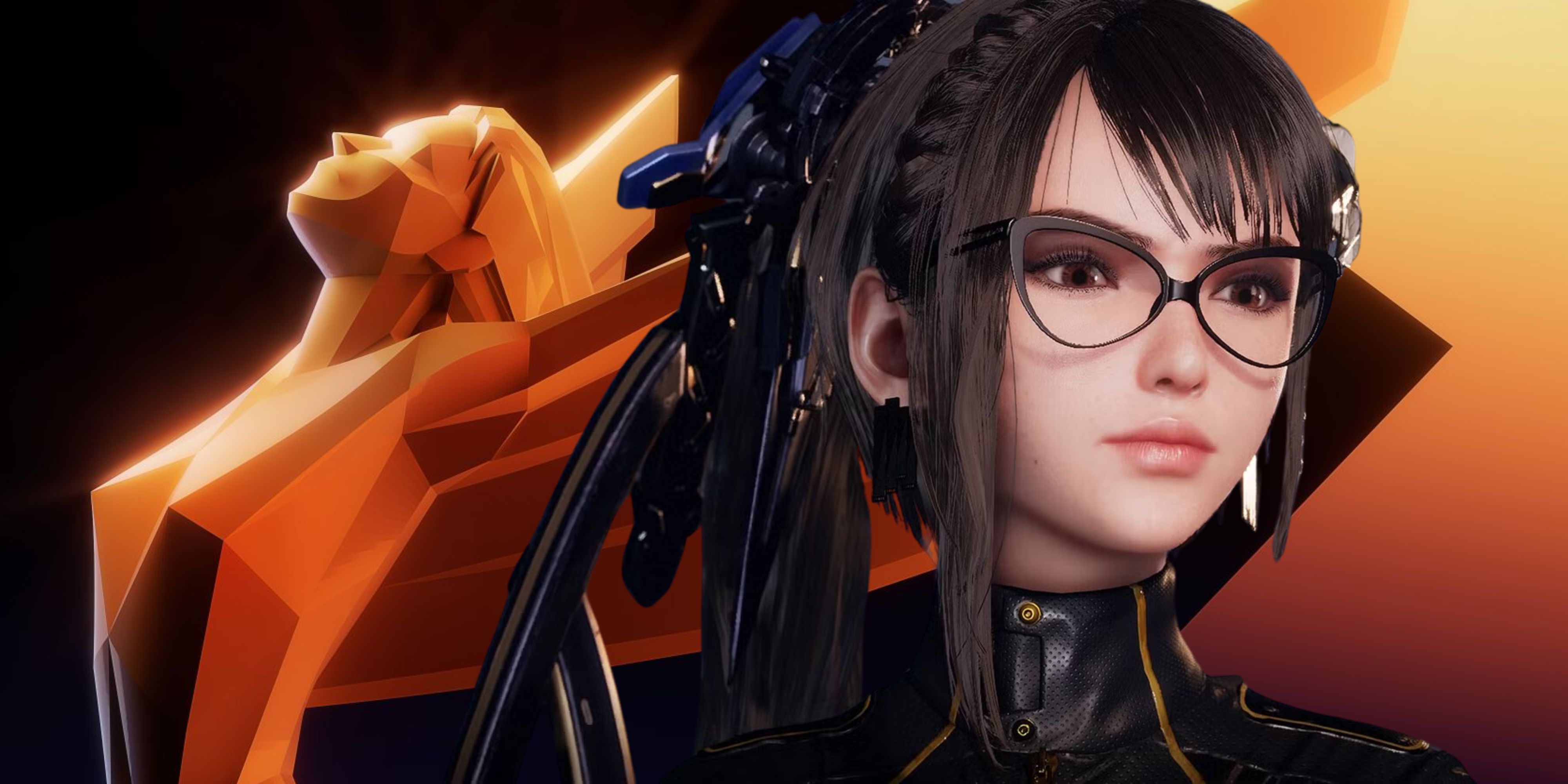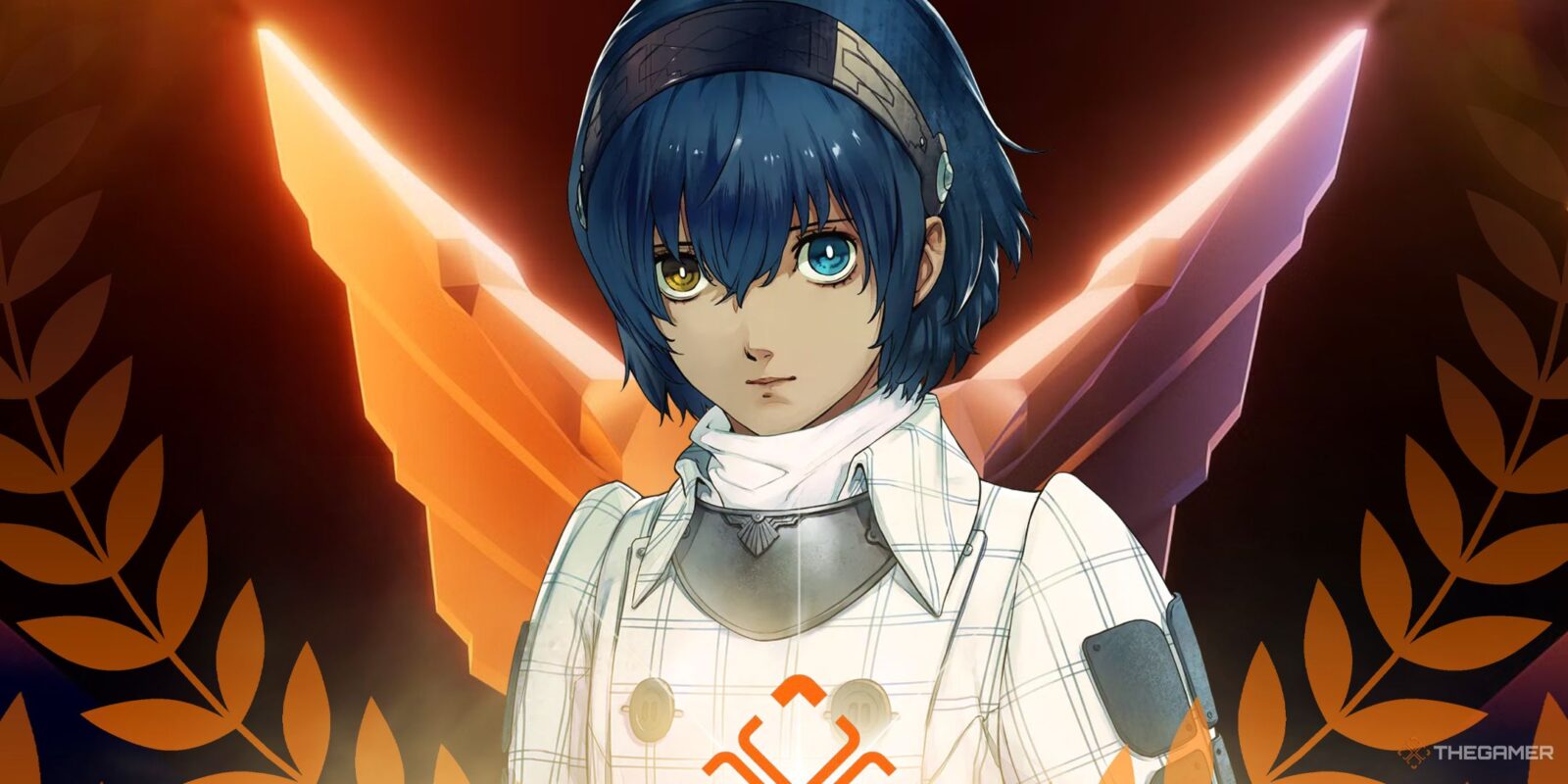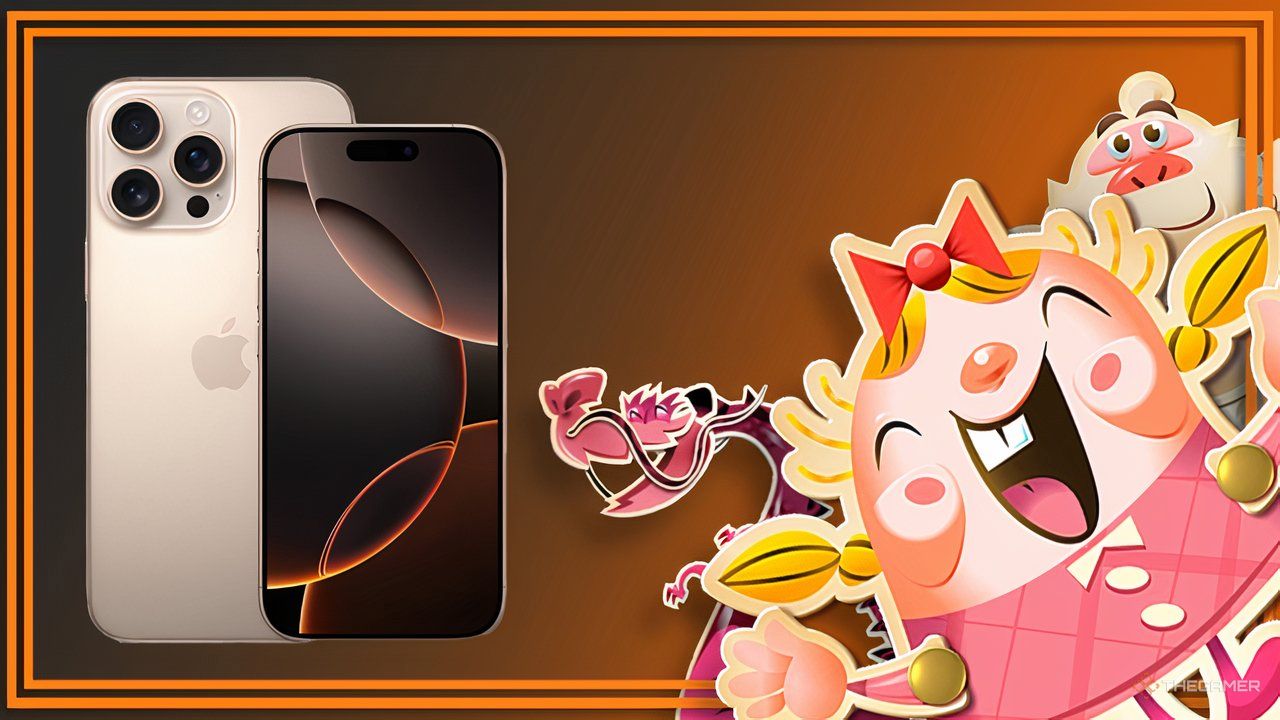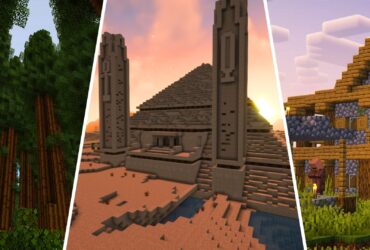Key Takeaways
- Metaphor refines Persona gameplay and formula, improving narrative pacing and combat with a new Archetype system.
- The game breaks new ground by venturing into a fantasy world with unique races and addressing issues of politics and racism.
- Metaphor’s relevance to real-world issues, captivating narrative, and deep combat strategy make it deserving of Game of the Year.
Why should Metaphor: ReFantazio win Game of the Year? You can skateboard on a sword. Case closed. There are also two rather awesome Scouse dog boys. Case closed again. Oh, and it takes the established winning Atlus formula and refines it in more ways than one to create a fresh gameplay experience in an exciting new fantasy world. Case now closed even more firmly than before.
You can’t talk about Metaphor without talking about Persona as the two share so much DNA. And you can’t dispute that Persona is held in high regard by the gaming masses. While it was once a niche series, it’s now a big name in the mainstream gaming industry, with both Persona 5 and Persona 5 Royal considered the peak of the series by many, with both titles nominated for Game of the Year in 2017 and 2020 respectively (though I’m more of a Persona 4 Golden girl myself).

Related
Black Myth: Wukong’s GOTY Nomination Proves It’s Gaming’s Barbie
Was it nominated because it was truly excellent, or because it made a lot of money?
The Persona series is critically acclaimed and adored by fans all over the world, so the idea of Atlus trying something new and moving away from Persona felt like a risk. When you have such a surefire winner, why change the formula? If it ain’t broke, don’t fix it and all that. But the risk paid off.
It’s not the first time changing up the formula has worked for Atlus, as Persona itself is a spin off of the Shin Megami Tensei series.
Perfecting The Persona Template
Metaphor is the new Atlus peak. It takes everything that Persona does, but refines it and does it even better. The gameplay will feel familiar to Persona fans in both style and function, but ramps both up to 11 and adds action-combat trimmings. The menus alone with their painterly art style are so impressively slick, but the whole combination of music, graphics, art, and form is incredible.
Much like Persona, Metaphor works on a calendar system too. So you’ll have one big story dungeon a month, and in between you have free time to spend however you want. During that time you can do sidequests, optional dungeons, or hang out with your companions and do rank up events to progress your relationships. However, the narrative pacing is much better in Metaphor.
You’re straight into the action from the very start and you don’t get the same slump moments that you often get in Persona games where you hit a dud dungeon or story lull, ultimately making progression become more of a chore than enjoyment at times. While you still get that inevitable difficulty spike we’re accustomed to with JRPGs, the story and pacing never falter.
Metaphor also manages to polish and smooth out little irks about the Persona template that I didn’t even realise I detested as much as I did until faced with a better alternative. Gone is the annoying possibility you might answer incorrectly during a companion rank up event and miss out on leveling up, as now every conversation ranks up regardless. There’s less pressure to ensure every day is perfectly timed to ensure you max out every stat and every follower, meaning you’re free to enjoy it all the more.
Breaking New Ground
But Metaphor doesn’t just upcycle classic Persona tropes and mechanics, it also breaks new ground. Simply stepping outside the usual high schoolers in a modern world setting makes Metaphor stand out from the Atlus crowd. It’s an intriguing fantasy world full of unique races with their own cultures and traditions, plus magic, dragons, and monstrous humans attacking the population. Beyond that, it delves into issues of politics and racism, all amidst the drama and delight of murder and the mayhem of the kingly succession competition.
Venturing into a fantasy world doesn’t mean that Metaphor isn’t relatable, though. In fact, given that 2024 has been a year of political turmoil with multiple countries having elections, Metaphor is perfectly timed to mirror our own real world issues. Arguably, the fantastical setting acts as the looking glass through which we can analyse serious issues we face in our own world a step removed, allowing us a different, broader perspective.
The fantasy setting makes everything all the more intriguing. You don’t know the backstory here, why some races are treated as lesser than others, why people need Magic Igniters to use spells, or where those monsters come from and why they’re called humans. It’s a fascinating world that you find yourself in, with narrative stakes that are all too easy to become invested in.
All About That Archetype
One of Metaphor’s most impressive elements is its Archetype battle system, which is a game changer. Combat is still turn-based and you have the same elemental affinities at play, but your party members can each have an Archetype equipped, essentially like a job role, like Mage, Warrior, Thief… you get it. But there are a myriad of Archetypes available, each with its own unique abilities, and you can also inherit abilities from other Archetypes you’ve levelled on that character. Archetypes also work in conjunction with other specific Archetypes in the party for devastating combo attacks.
As a result, players are invited into a deep well of strategy and meta gameplay to craft tailor-made parties to suit their needs. Boss battles, especially the human ones, offer varied and unique mechanics that challenge you to perfect your party setup and Archetype usage, which goes a long way to ensure that battle feels as interesting and invigorating during the last boss battle as it did with the first.
And this is just the beginning. There’s no way that Atlus will launch such a successful expedition into a new fantasy world and then immediately leave. Metaphor is undoubtedly the start of a new blossoming series, and if SMT and Persona are anything to go by, it will continue to flourish and improve title after title.
Metaphor pushes the successful Persona template to a new level of triumph, and deserves to walk away with the top prize this year. With a sharp relevance that other games cannot match and a hardcore complexity that deserves to be recognised as 2024’s best, I don’t doubt that this is the start of a fantastic new series. It deserves to go down in gaming history as one of the greats.

Next
The Game Awards Has Bigger Problems Than Shadow Of The Erdtree
I wish Shadow of the Erdtree’s potential nomination was the story of The Game Awards. It isn’t.












Leave a Reply